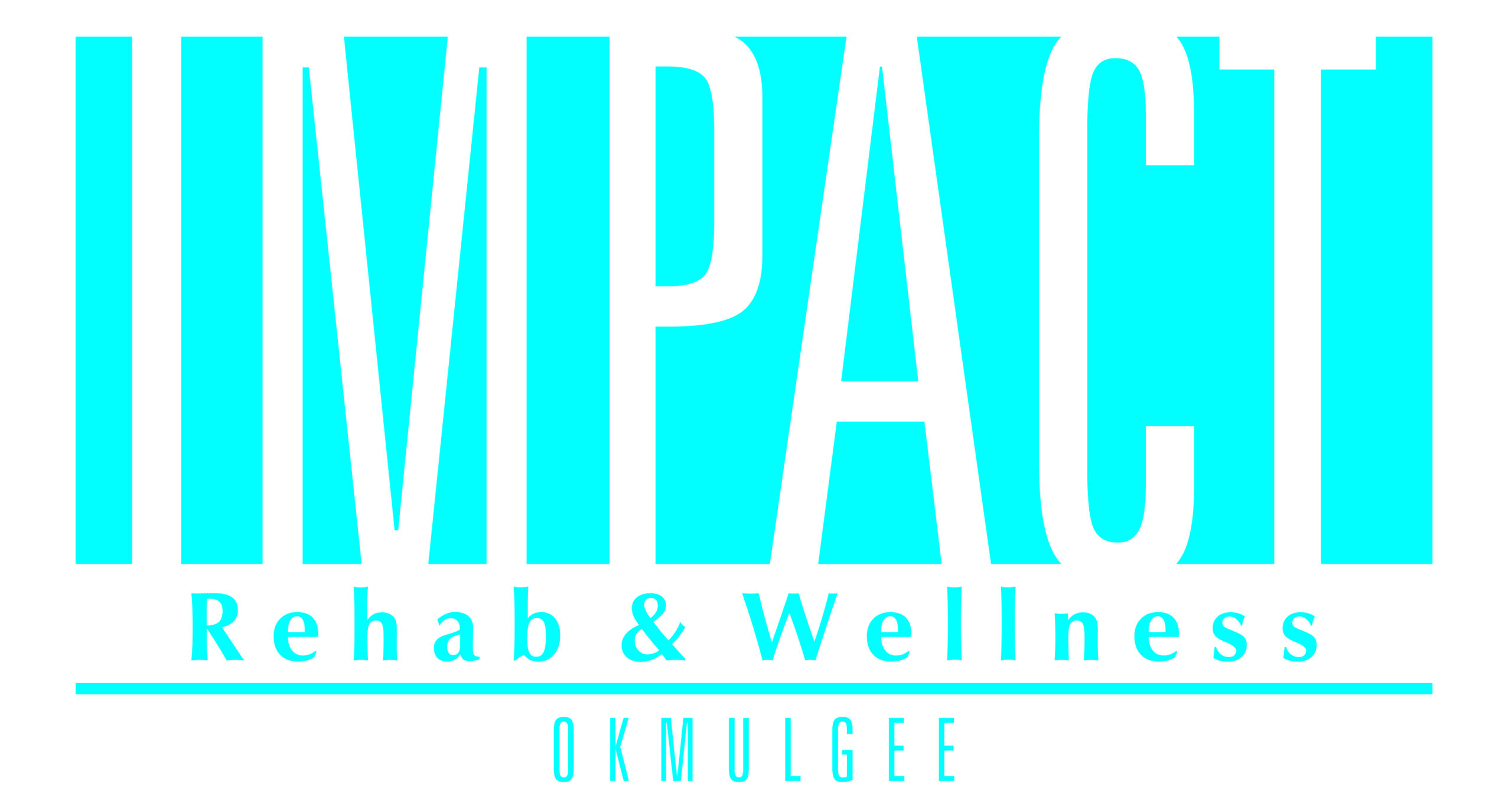What is IASTM?
IASTM refers to a technique that uses instruments to remove scar tissues from injured soft tissues and facilitate healing process through formation of new extracellular matrix proteins such as collagen. Recently, frequent use of this instrument has increased in the fields of sports rehabilitation and athlete training.
